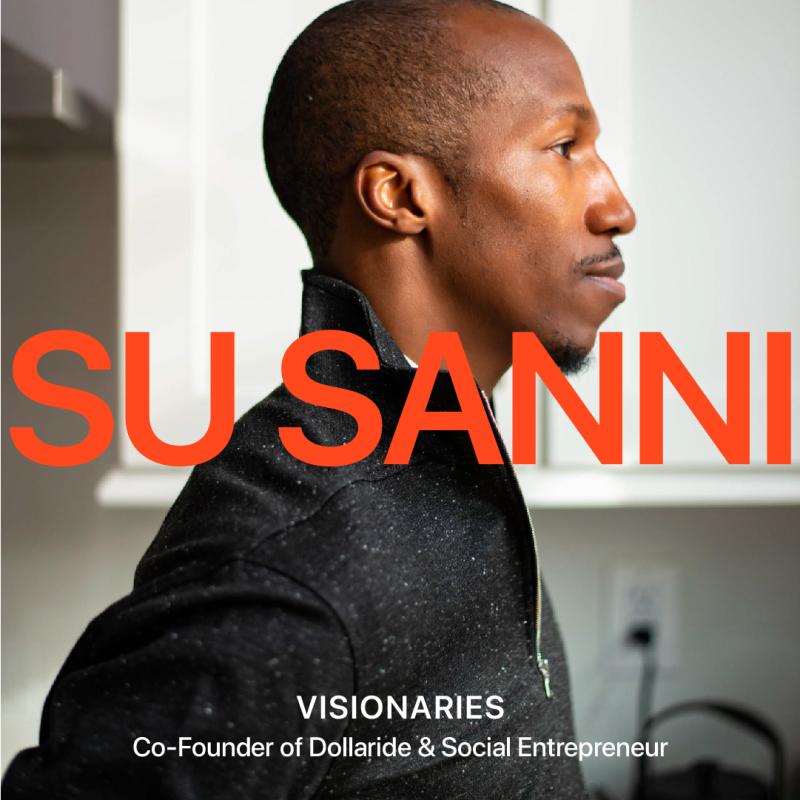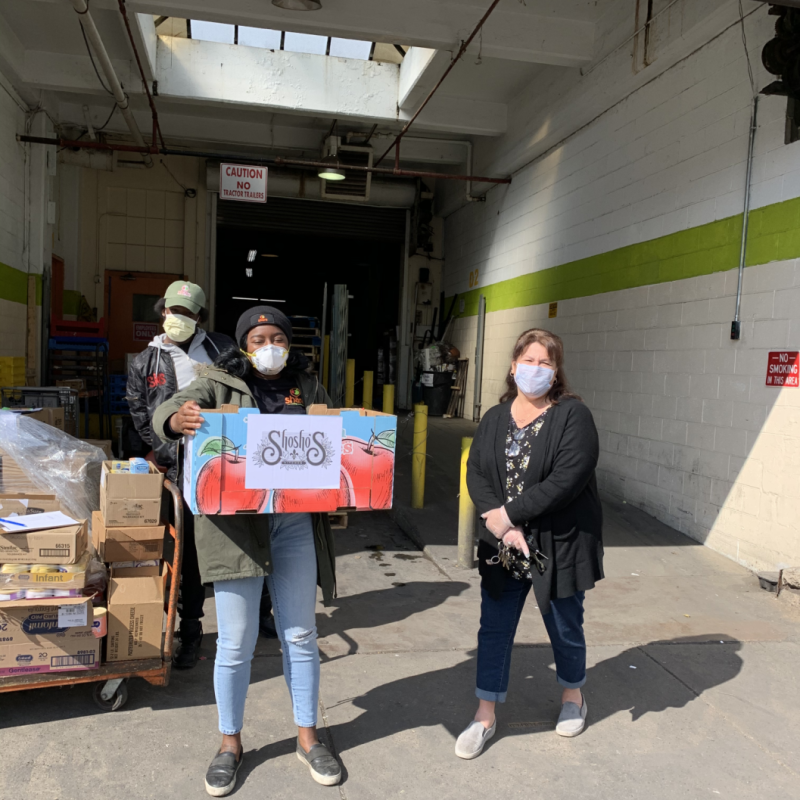Seeds of Change: Cultivating a Thriving Impact Investing Ecosystem in Philadelphia
Media Outlet
Dermot Murphy
The devastating consequences of divestment, like deteriorating infrastructure, vacant lots, and vast expanses of food and green space deserts, are glaringly obvious in low-income areas of Philadelphia. These inequalities in resources and opportunities have created a vicious cycle of poverty and made upward mobility very difficult. For the Philadelphia region, relying solely on traditional philanthropic models is insufficient to address these entrenched disparities and complex challenges. Poverty, inequality, and environmental degradation cannot be solved by simply chasing profit margins and depending on philanthropy.
In response to these types of challenges and opportunities across the region and the globe, impact investing has emerged as an increasingly popular approach to provide needed capital to address many of the systemic social and environmental challenges. This approach has gained momentum nationally and globally. The Global Impact Investor Network (GIIN) estimates that the size of the worldwide impact investing market is USD 1.164 trillion. This marks the first time the organization’s widely cited estimate surpassed the USD 1 trillion mark.
The draw of impact investing goes beyond just providing immediate benefits. Impact investing promotes a sense of shared responsibility among stakeholders. When stakeholders engage with local place-based investments that prioritize community engagement and collaboration, investment decisions can align better with the needs and aspirations of those most affected. This participatory approach helps build trust and empower residents, transforming them from passive recipients to active change agents.
“Poverty, inequality, and environmental degradation cannot be solved by simply chasing profit margins and depending on philanthropy.”
These investment decisions have a far-reaching impact beyond the numbers on a balance sheet. Each dollar is intentionally directed towards a struggling neighborhood, an eco-friendly business, or a community-driven enterprise, creating a ripple effect that generates social and environmental impact, touching the lives of countless individuals.
This high-impact approach that has caught the attention of so many throughout the world is also creating systemic growth and change here in the Philadelphia region. Place-based impact investing is a powerful approach to addressing the complex vulnerabilities of the Philadelphia region. It acknowledges the need for targeted and community-specific solutions. Place-based impact investors collaborate with local organizations, residents, and institutions to inject capital into enterprises that drive sustainable development, economic empowerment, and social justice. By intentionally investing in the region’s communities, place-based impact investments can help transform challenges into stepping stones towards a brighter future for the region, both financially and for the well-being of its people.
Philadelphia is home to pioneering investors and enterprises creating a regional impact investing infrastructure weaving a tapestry of change. These community-driven efforts are building an ecosystem that is transforming neighborhoods, businesses, and public spaces in Philadelphia, planting seeds of change that will bear fruit for generations to come.
Let’s look at some pioneering organizations equipped to tackle the challenges different communities face and explore their success stories.
...
The Enterprise Center’s Innovate Capital Growth Fund:
The Enterprise Center’s Innovate Capital takes an equity and opportunity-focused approach to empowering minority and women-owned businesses. Innovate Capital provides growth capital to these often-overlooked entrepreneurs, unlocking generational wealth. This licensed Small Business Investment Company (SBIC) invests not just in dollars but also in the belief of the untapped potential of these diverse founders. They provide resources and mentorship to help these entrepreneurs build sustainable ventures. The key to their success is their collaborative approach – connecting businesses with the right resources, from procurement opportunities to strategic partnerships, and empowering them to build thriving ventures.











